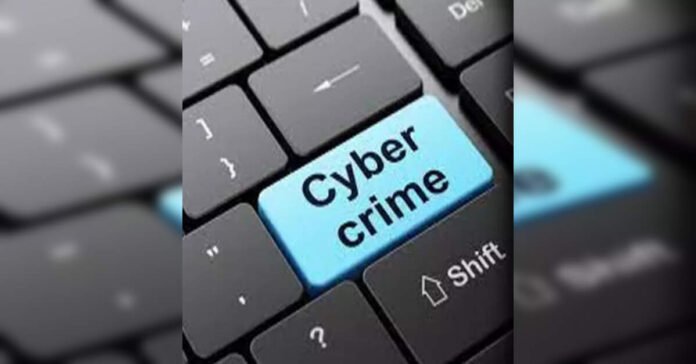[ad_1]

The Delhi High Court has issued a significant John Doe interim injunction, aiming to curb widespread trademark infringement and financial fraud targeting unsuspecting users of the share market and financial services app, INDmoney. Justice Manmeet Pritam Singh Arora was prima facie satisfied that an unknown entity, identified primarily as “Defendant No. 1” or “Ashok Kumar/Unknown,” has been unlawfully using the INDmoney’s trademarks to lure individuals into fraudulent investment schemes.
Fraudsters impersonating INDmoney founder Ashish Kashyap lured victims into fake WhatsApp groups, promising unrealistic investment returns through forged SEBI certificates and counterfeit loan documents. They collected crores through dozens of bank accounts while operating fake websites and mobile apps that perfectly mimicked the legitimate fintech platform.
Justice Arora found that “Defendant No. 1/unknown person by making unauthorised use of the Plaintiffs’ trademarks has been luring unsuspecting users to invest monies.” The court noted that victims were “sharing their confidential information and spending their hard-earned money on these infringing platforms.”
A John Doe injunction is a legal order issued against unnamed or unknown defendants. In this case, the Delhi High Court granted this injunction because the identity of Defendant No. 1 was not fully known, and the perpetrators were operating under fictitious identities and through various digital channels. This order specifically restrains Defendant No. 1, along with their representatives, affiliates, and agents, from infringing INDmoney’s registered trademarks, wordmarks, device marks, and copyrights. This includes the operation, hosting, or circulation of impugned websites, mobile applications, and messaging platforms that misuse the Plaintiffs’ intellectual property.
The court’s forensic approach is evident in its detailed annexures. Eight infringing websites, four fake mobile applications, dozens of WhatsApp numbers, and over 100 bank account entries are meticulously catalogued. The fraudsters had collected amounts ranging from INR 10,000 to INR 2.1 crores across multiple accounts.
Beyond Traditional Remedies
Justice Arora’s sweeping John Doe injunction didn’t just stop at adjudicating the action as illegal—it created a new template for combating digital-age IP theft through effective enforcement measures:
• Takedown Orders: Google LLC (Defendant No. 9) and Apple India Private Limited (Defendant No. 10) were ordered to immediately take down/remove/block/suspend the domains/URLs of the impugned websites and mobile applications listed in Annexures A and B of the order.
• Blocking of Communication Channels: WhatsApp LLC (Defendant No. 5) and Telegram (Defendant No. 6) were directed to block/suspend/delete the specified telephone numbers, WhatsApp numbers, WhatsApp Groups, and Telegram links (Annexures C and D) used by the fraudsters.
• Freezing of Bank Accounts: Various banks (Defendant Nos. 11-25) were instructed to block/suspend/freeze bank accounts identified as being used by Defendant No. 1 (Annexure E) and to disclose complete KYC documents and bank statements of the account holders.
• Disclosure and Investigation Reports: The National Cyber Cell and Cyber Police Station, South Gurugram, were directed to provide status/investigation reports on complaints filed by the Plaintiffs, along with relevant information about the rogue defendants, to the court.
• Real time protection: Crucially, to ensure rapid response to ongoing digital fraud, the court granted the Plaintiffs liberty to swiftly implead any newly discovered domains, websites, URLs, or mobile applications by filing an application under Order I Rule 10 CPC. Upon such filing, the Joint Registrar (J) has the authority to extend the existing injunction order to these new infringing entities, preventing further harm without requiring a completely new suit.
Similarly, for newly discovered social media accounts, telephone numbers, bank accounts, or UPI IDs, INDmoney can approach the court for appropriate directions. This provision ensures an agile legal mechanism against constantly evolving online threats.
This judgment demonstrates how courts can evolve to match sophisticated cyber fraud. By enlisting the cooperation of internet service providers, app stores, messaging platforms, and banks simultaneously, the Delhi High Court has created a comprehensive shield against digital impersonation.
The provisions for swift action on future discoveries are particularly significant, enabling quicker legal recourse against the dynamic nature of online illicit activities and offering greater protection for the goodwill and reputation of legitimate businesses like INDmoney.
The case, titled Indmoney Tech Private Limited & Anr. v. Ashok Kumar And Ors. (CS(COMM) 744/2025), is listed for further hearing on December 17, 2025.
[ad_2]
Source link


